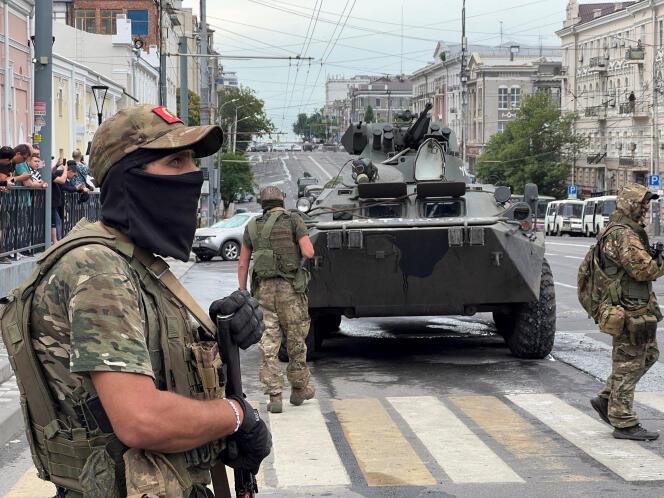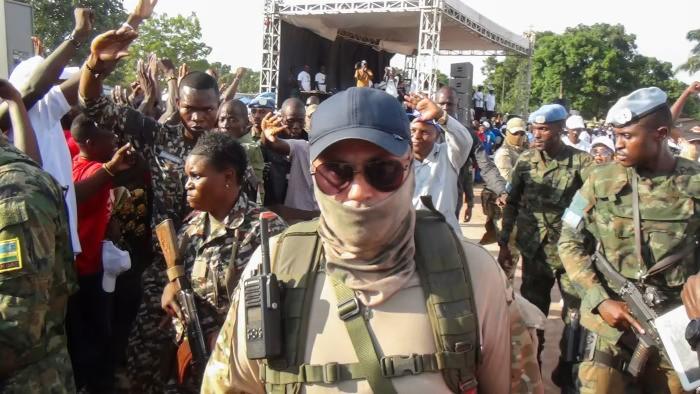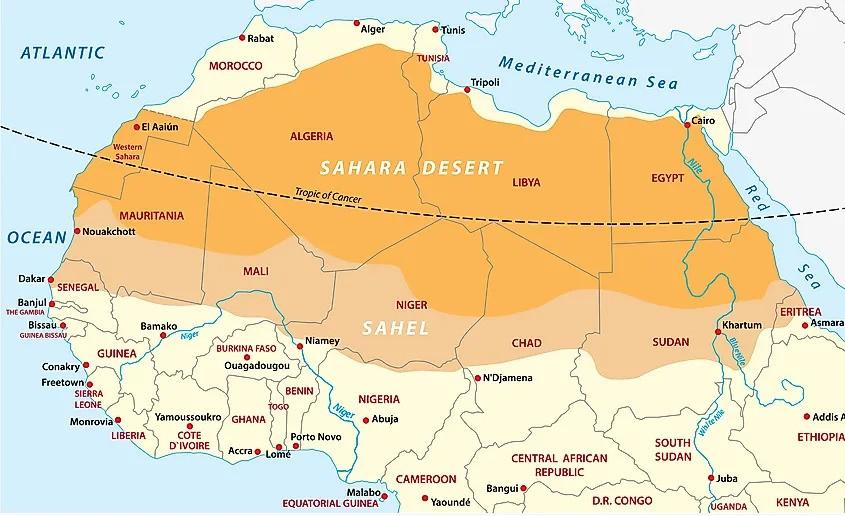What is Russia doing in Africa? Rebel ambush
On July 27, Western media outlets reported a deadly incident between Russia's Wagner mercenaries deployed in Mali and the Tuareg (CSP) armed rebellion group. The rebels based in northern Mali claimed to have killed 84 Wagner and 47 soldiers from the Malian Armed Forces. If confirmed — and the numbers appear fairly accurate — the loss would be Wagner’s largest to date in Africa. Indeed, the recent ambush by rebellion groups inflicted grave damage on Wagner, Russia’s leading paramilitary group, and its reputation in Africa in the last several years.
The CSP has been fighting for independence in northern Mali and Niger for several years, including Wagner mercenaries and government troops. Until the deadly incident, Wagner mercenaries and Russian support to local African governments were seen as a crucial element in maintaining "stability and domestic security" in a highly volatile region. However, the heavy losses in Mali signalled African leaders the limits of having Moscow-backed mercenaries as a counterterrorism partner and regime protector, especially in a complex security environment such as Mali’s.

Since Wagner's short-lived mutiny against the Russian government in 2023 led by Evgeniy Prigozhin, Moscow sent Wagner mercenaries to Africa in a bid to gain a permanent footprint in the continent. Although Wagner’s presence in Africa accelerated Russia's influence in the region, it stirred concerns in the West, anticipating the emergence of more pro-Russian proxy groups. On one hand, such concerns are justified in light of the United States (US) and France’s withdrawal from regional countries like Chad, Burkina Faso, Niger, and Mali. Paris, whose influence in West Africa has been significantly waning in recent years, has reportedly deployed about 1,500 French soldiers in Niger before the military coup in 2024.
Notably, the US and France's long-term military presence in the aforementioned African countries did not eliminate terrorist threats but brought only short-term solutions. Likewise, Wagner's mercenaries' activities also yielded limited results, as in the case of Tuareg rebels. Moreover, Wagner mercenaries were shortly deployed in Mozambique at the local government's request but apparently were ill-equipped to tackle security challenges and decided to withdraw from the country.

There are a few reasons behind Wagner’s limited success in the African continent, such as local governments' inability to adapt to the changing dynamics of counterinsurgency operations and mercenaries’ failure to appreciate the significance of terrain and air capability. As such, the sources indicate that similar terror incidents of political violence in Burkina Faso, Mali, and Niger have collectively risen by 5% in 2023.
Subsequently, the Wagner mercenaries began fighting not only against Tuareg rebels but also the primary groups responsible for these assaults, namely Jama’at Nusrat al-Islam wal-Muslimin and Islamic State Sahel. Despite current failures, in 2021 and 2022, Wagner mercenaries proved to be valuable tools against the CPC by giving them major fights and returning major towns under the control of the Central African Republic. Hence, many local African governments praised Wagner mercenaries’ successful operations against rebel groups. Moreover, in recent years, Mali's armed forces have received a range of military equipment, from armoured vehicles and helicopters to C295 light transport aircraft. In 2022, Bamako received some Russian ground-attack aircraft and attack helicopters.

The major problem of the Sahel and Sub-Saharan Africa is that there are large swathes of ungoverned territories being used by radicals and armed groups as a gap and platform for violent attacks against civilians and governmental bodies. Moreover, due to the lack of resources, the governments of Mali, Niger, Central African Republic are not able to provide air support to Wagner mercenaries where necessary, which increases their vulnerability, making them easy targets for terrorists.
In this vein, following the Wagner’s heavy loss, the Russian authorities attempted to assuage concerns in the aftermath of the attack. Foreign Minister Sergey Lavrov contacted his Malian counterpart to reaffirm Russia’s commitment to the country against jihadi threats and illegal armed groups. Hence, despite fierce losses and renewed attacks of rebel groups and Al-Qaeda/ISIS-linked jihadists, Russia is aimed at boosting Wagner's role in Africa to maintain a long-term presence.








